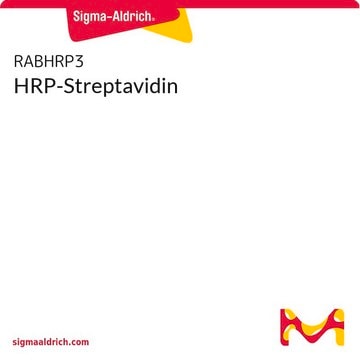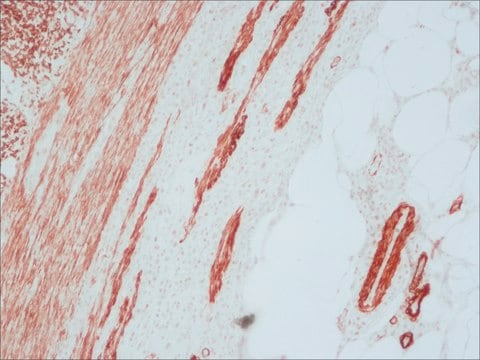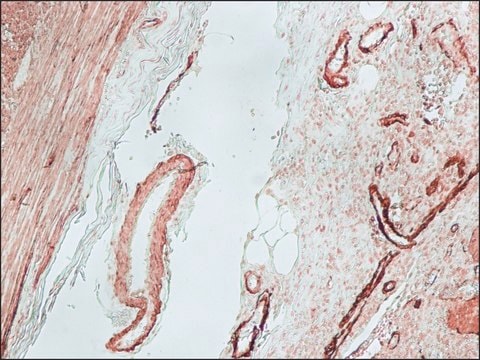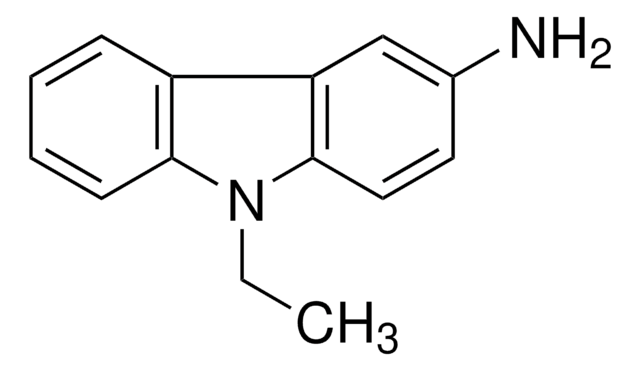B8520
Anti-Mouse IgG (whole molecule)−Biotin antibody produced in rabbit
IgG fraction of antiserum, buffered aqueous solution
About This Item
Productos recomendados
biological source
rabbit
conjugate
biotin conjugate
antibody form
IgG fraction of antiserum
antibody product type
secondary antibodies
clone
polyclonal
form
buffered aqueous solution
technique(s)
direct ELISA: 1:200,000
immunohistochemistry (formalin-fixed, paraffin-embedded sections): 1:300
western blot: 1:400,000-1:800,000
storage temp.
−20°C
target post-translational modification
unmodified
General description
Immunogen
Application
- immunofluorescence
- immunoblot
- direct enzyme linked immunosorbent assay (ELISA)
- serotyping assay
- immunohistochemistry
Biochem/physiol Actions
Physical form
Disclaimer
¿No encuentra el producto adecuado?
Pruebe nuestro Herramienta de selección de productos.
Storage Class
10 - Combustible liquids
wgk_germany
nwg
flash_point_f
Not applicable
flash_point_c
Not applicable
Certificados de análisis (COA)
Busque Certificados de análisis (COA) introduciendo el número de lote del producto. Los números de lote se encuentran en la etiqueta del producto después de las palabras «Lot» o «Batch»
¿Ya tiene este producto?
Encuentre la documentación para los productos que ha comprado recientemente en la Biblioteca de documentos.
Los clientes también vieron
Nuestro equipo de científicos tiene experiencia en todas las áreas de investigación: Ciencias de la vida, Ciencia de los materiales, Síntesis química, Cromatografía, Analítica y muchas otras.
Póngase en contacto con el Servicio técnico











